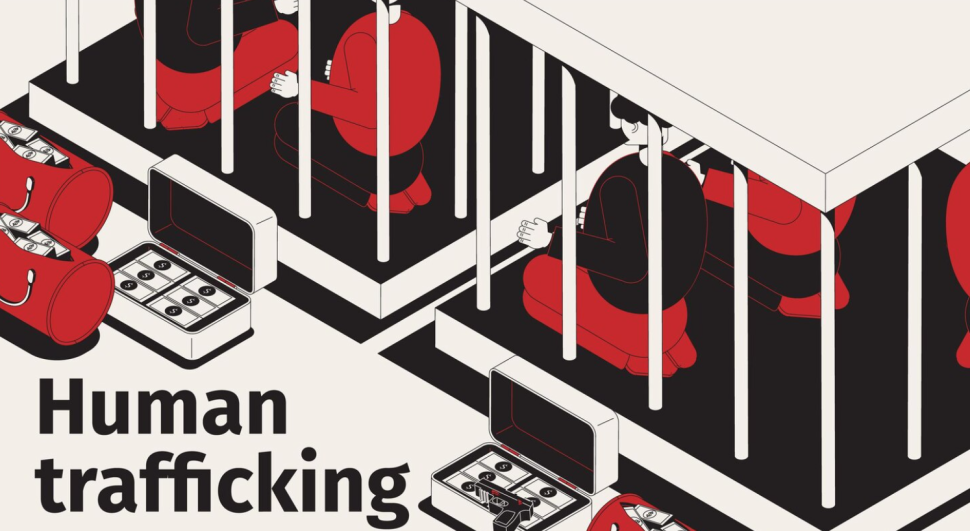Crimes Against Humanity: Unleashing Justice for Widespread Atrocities

Crimes against humanity represent a heinous category of acts committed as part of a systematic and widespread attack against civilian populations. These acts, which often include murder, torture, rape, and persecution on various grounds, leave indelible scars on communities and individuals. Despite the absence of a codified international convention, efforts are underway to establish a treaty to address these grave violations. The Center for Justice and Accountability (CJA) has been at the forefront of combating crimes against humanity, employing innovative legal strategies to pursue justice and accountability.

The distinguishing features of crimes against humanity are their scope and systematic nature. Perpetrators target a significant number of victims, carrying out the atrocities on a large scale. The acts are often organized and follow a pattern, reflecting a deliberate and calculated assault on civilian populations. The range of violations has expanded to encompass institutionalized discrimination, forced disappearances, and severe forms of sexual violence, among others.

One of the significant contributions of the CJA in shaping the law surrounding crimes against humanity is evident in the case of Cabello v. Fernandez Larios. This groundbreaking lawsuit secured the first jury verdict for crimes against humanity in the United States. By seeking accountability for Pinochet's "Caravan of Death," the case set a precedent for holding perpetrators responsible for their actions.

Another landmark case led by the CJA was the pursuit of justice for the assassination of Archbishop Oscar Romero in El Salvador. This case established that the assassination of a single individual could be classified as a crime against humanity due to its profound impact on a nation's citizens. The CJA's relentless pursuit of justice through criminal cases and amicus brief work in countries like Guatemala, Spain, and Haiti has contributed to the recognition that crimes against humanity have no statute of limitations.

In addition to its litigation efforts, the CJA is actively engaged in policy advocacy. It is pushing for the enactment of a federal crimes against humanity bill, which would make these offenses a federal criminal offense. Furthermore, the CJA seeks to amend the Torture Victim Protection Act to provide a civil remedy for victims of crimes against humanity.

Challenges persist in combating crimes against humanity, including the absence of a comprehensive international convention and the need to establish universal jurisdiction for prosecuting these crimes. However, by raising awareness, supporting organizations like the CJA, and advocating for legal reforms at national and international levels, individuals and communities can contribute to the collective effort of ending impunity for these heinous acts.

Crimes against humanity must be confronted with unwavering determination, as they strike at the core of human dignity and violate the principles of justice. Through concerted action, we can strive to build a world where no one is above the law, and the victims of these atrocities find solace in their quest for truth, justice, and accountability.
Sources:
- Center for Justice and Accountability (CJA) - Official Website: https://cja.org/
- Crimes Against Humanity Initiative: https://www.crimesagainsthumanityinitiative.org/
- United Nations Office on Genocide Prevention and the Responsibility to Protect: https://www.un.org/en/genocideprevention/crimes-against-humanity.html
- International Criminal Court (ICC) - Crimes Against Humanity: https://www.icc-cpi.int/cases/Pages/Crimes.aspx
- Human Rights Watch - Crimes Against Humanity: [https://www.hrw.org/topic/international-justice









